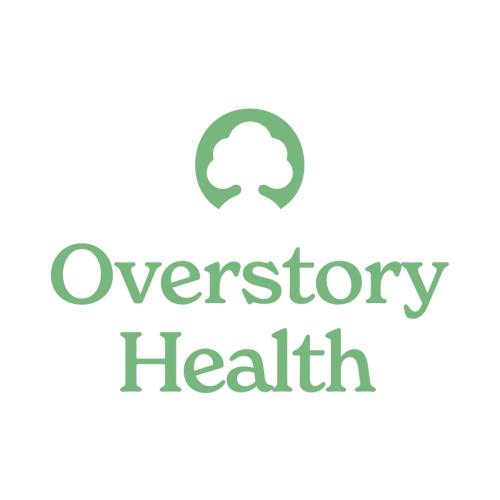FILTERS
Facility Amenities
Treatment and Services Offered
Languages offered
Accepted age groups
Insurance Providers
| Prev |
You may also want to try a center in another location:
Rehab Centers Aid Mental Health Care in Massachusetts
Individuals experiencing chronic mental health conditions may benefit from the programs available at residential treatment centers, especially when other treatment options have not worked. At inpatient residential treatment centers—often called rehab centers—a team of professional mental health care providers offer 24-hour monitoring and support services. In many cases, there are also outpatient options available for those who aren't able to use the live-in facilities.
Those who access rehab centers are viewed not as a group of patients, but as unique individuals with their own strengths and weaknesses, and the type of care offered is based on the personal needs of each resident. Residents may enroll in short-term treatment programs, lasting just a matter of days, or a long-term treatment program that can last for a number of weeks or months.
Addiction recovery is the focus of many rehab centers, but people with behavioral and emotional challenges can receive effective care and treatment at specialized centers for mental health issues such as depression, schizophrenia, and bipolar. Live-in residential programs may also be beneficial for children and adolescents who have not responded well to outpatient treatments, have difficulty meeting their educational needs, or require a separation from the stress of daily life.
Mental Health Care in Massachusetts
According to a 2014 survey of 800 registered voters conducted by the National Alliance on Mental Illness, Massachusetts chapter, 94% of respondents think that mental illness is a major issue in the United States. While 98% of respondents believe that effective treatment can lead to productive lives, only 27% believe that the state government is doing a good job in assisting people with mental health challenges.
The Gallup-Healthways Well-Being Index for 2013 listed Massachusetts as 13th for overall well-being. For the categories of life evaluation and healthy behaviors, Massachusetts was ranked in the second quintile (16th and 13th, respectively). For the physical health and basic access criteria, the state was ranked 8th and 1st, respectively.
According to the Parity or Disparity survey conducted in 2014 by Mental Health America (MHA), the state of Massachusetts was ranked 1st in the country, indicating a very low prevalence of mental health concerns and high rates of access to mental health care. Massachusetts is one of four states that scored well in overall ranking (1st), adult ranking (1st), and youth ranking (6th). The state ranked 2nd in the category of mental health access.
Massachusetts Census Information
Sometimes, the best treatment for you may require relocating temporarily or permanently. If that's the case, it can be helpful to know more about a state's census data before you move. The number of people living in the state has almost reached 7 million. Young people (under 18 years of age) make up 21% of the state's population, and seniors account for another 15%. According to 2013 estimates 52% of all residents are female. Approximately 83% of the population is white, 8% is black, and 6% is Asian. Median household income for 2009–2013 is $67,000, compared to the $53,000 national average.
References:
- Gallup-Healthways Well-Being Index. (2013). Massachusetts. Retrieved from http://cdn2.hubspot.net/hub/162029/file-624709773-pdf/WBI2013/Massachusetts_2013_State_Report.pdf?t=1418935567368
- Health and Human Services. (2014). Department of mental health. Retrieved from http://www.mass.gov/eohhs/gov/departments/dmh/
- Mental Health America. (2014). Parity or disparity: The state of mental health in America, 2015. Retrieved from http://www.mentalhealthamerica.net/sites/default/files/Parity%20or%20Disparity%202015%20Report.pdf
- National Alliance on Mental Illness, Massachusetts. (2014). NAMI mass mental health attitudes survey. Retrieved from http://www.namimass.org/survey-2/survey
- United States Census Bureau. (n.d.). State & county quickfacts: Massachusetts. Retrieved from http://quickfacts.census.gov/qfd/states/25000.html









